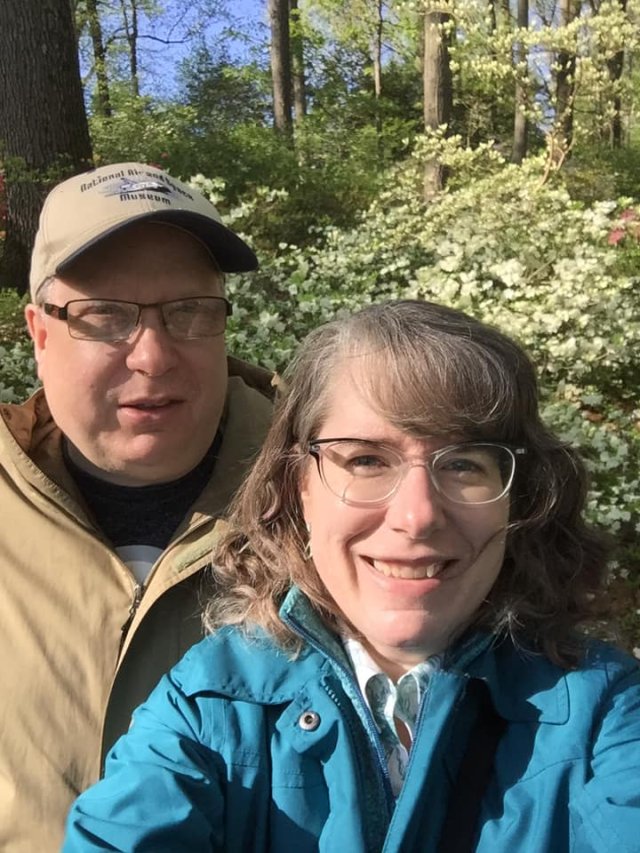Meet EPA Researcher Darrell Winner, Ph.D.

EPA researcher Darrell Winner leads EPA’s Regional Climate Assistance Branch. He has spent his career working at the interface between science and policy, designing and implementing policy-relevant research and delivering scientific results through assessments. He specializes in advancing the scientific understanding of air quality and climate change. Darrell represents EPA on the Federal Steering Committee (FSC) for the 5th National Climate Assessment (NCA5). The FSC is responsible for the development, production, and content of NCA5. The team oversees the development of technical content and conduct high-level scoping and review of the report to ensure coherence, relevance, and responsiveness to the Global Change Research Act and the U.S. Global Change Research Program’s (USGCRP) Strategic Plan.
Tell us about your background.
I earned a bachelor’s in chemical engineering from Carnegie Mellon and a master’s and Ph.D. in environmental engineering science from Caltech.
When did you first know you wanted to work in environmental science?
I spent a summer during college working at a chemical company near my home. I quickly realized that I would not find optimizing chemical processes to slightly reduce production costs a satisfying career. However, I do love nature and the outdoors; my family took weeks-long camping vacations to national parks in the summers when I was a kid (ask me about our 1970 Ford van). Using my technical skills to preserve and protect our environment was a much better fit!

What do you like most about your job?
I value the long-lasting friendships and the places where my work has helped to protect the environment. I’m especially proud of my work on the endangerment finding for greenhouse gases. It is the foundation of our ability to mitigate climate change.
How does EPA science matter?
In our current culture, there is a pervading sense that actual science doesn’t matter or that facts are negotiable. In fact, EPA science is critically important. Facts about the way the natural world works must guide our policy decisions to protect human health and the environment. The scientific work we produce helps our policies and regulations to be as effective and efficient as possible and withstand legal challenges.
If you weren’t a scientist, what would you be doing?
While I enjoy music, my talent level topped out in high school. I’ve always been interested in history and government, so maybe a lawyer? Definitely not a dancer or artist, despite what my Chinese zodiac sign says about me.
What advice would you give a student interested in a career in science?
Find interesting questions and follow your curiosity. Be persistent. Challenge your own assumptions.
If you can have any superpower, what would you choose?
Teleportation. I like to experience different places, but travel is less and less fun.
What do you think is our biggest scientific challenge in the next 20/50/100 years?
Our biggest challenge is to change our economy and way of life to reduce our carbon emissions to net zero in the next 20 years. Faster would be better!
Editor's Note: The opinions expressed herein are those of the researcher alone. EPA does not endorse the opinions or positions expressed.
